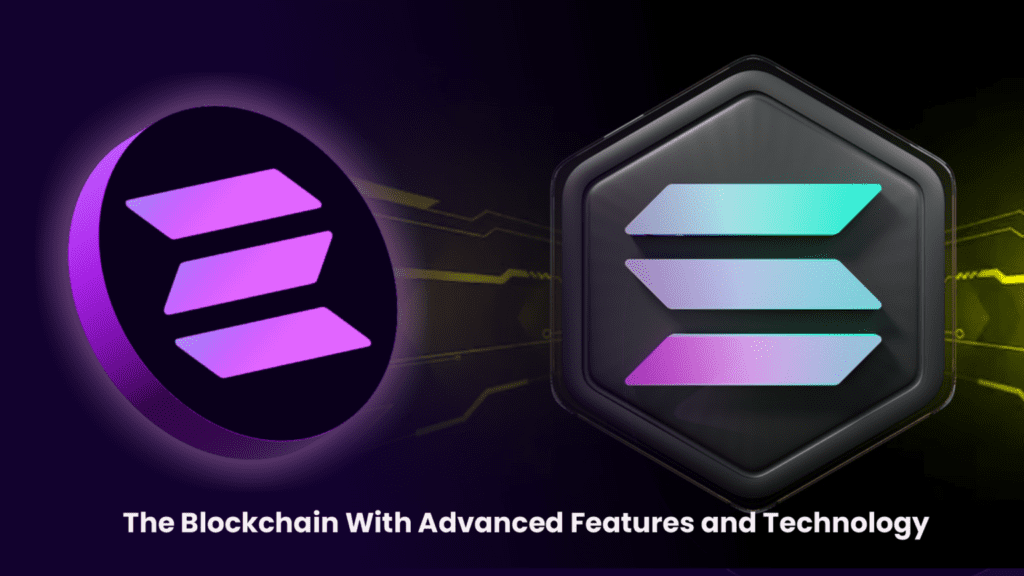Introduction to Solana
Solana is a cryptocurrency and blockchain platform that aims to bring blockchain technology to the people. Its native currency is SOL, used for transactions on the Solana mainnet.
Understanding Blockchain
A blockchain is a shared and immutable ledger that simplifies the process of recording transactions and tracking assets in a business network. Its primary purpose is to share information among all parties involved.
Blockchains store transaction information and track products and other data. The data is stored across a network of computers, making it nearly impossible to hack, thus preventing fraud and unauthorized activity.
Introduction to SOL Platform
The Solana blockchain network, founded by the Swiss Solana Foundation, is interoperable and decentralized. It utilizes innovative approaches, including the proof of history, to process transactions quickly and efficiently.
Technical Overview: Solana’s Technology
Solana combines the proof-of-history and proof-of-stake protocols to process transactions rapidly. The proof-of-history validates transactions simultaneously, enabling faster transaction rates and increased scalability with lower environmental and monetary costs.
Features of Solana Blockchain
- Open Source Code: Anyone can download and execute the source code for commercial and personal use.
- Proof-of-Stake: SOL coins are staked with validator nodes to process transactions faster.
- Proof-of-History: Combines time of transaction with Proof of Stake for extremely fast transaction speeds.
- Layered Service: Utilizes services on top of the network to improve efficiency, ideal for decentralized applications and financial institutions.
- Horizontal Scaling: Allows addition of more computers for distributed computing resources.
- Turbine Protocol: Faster transaction validation using the Turbine protocol.
Benefits of Solana
- Interoperability: Interacts with other applications and blockchains.
- High Transaction Speed and Scalability: Performs transactions at speeds comparable to VISA and Mastercard.
- High Censorship Resistance: Limits censorship through rotating validator nodes.
Real-World Applications and Development
Solana has various use cases, including DeFis, NFT applications, lending protocols, games, and Web3 apps. Developers use the Rust programming language for efficient and innovative projects.
Community and Future Outlook
The Solana community comprises developers, validators, token holders, and supporters. The platform has a significant presence on social media platforms and boasts institutional investors like Andreessen Horowitz and Multicoin Capital.
Conclusion
Solana’s advanced technology, high transaction speeds, and scalability make it a promising blockchain platform. Its robust ecosystem and supportive community indicate a bright future for Solana.


